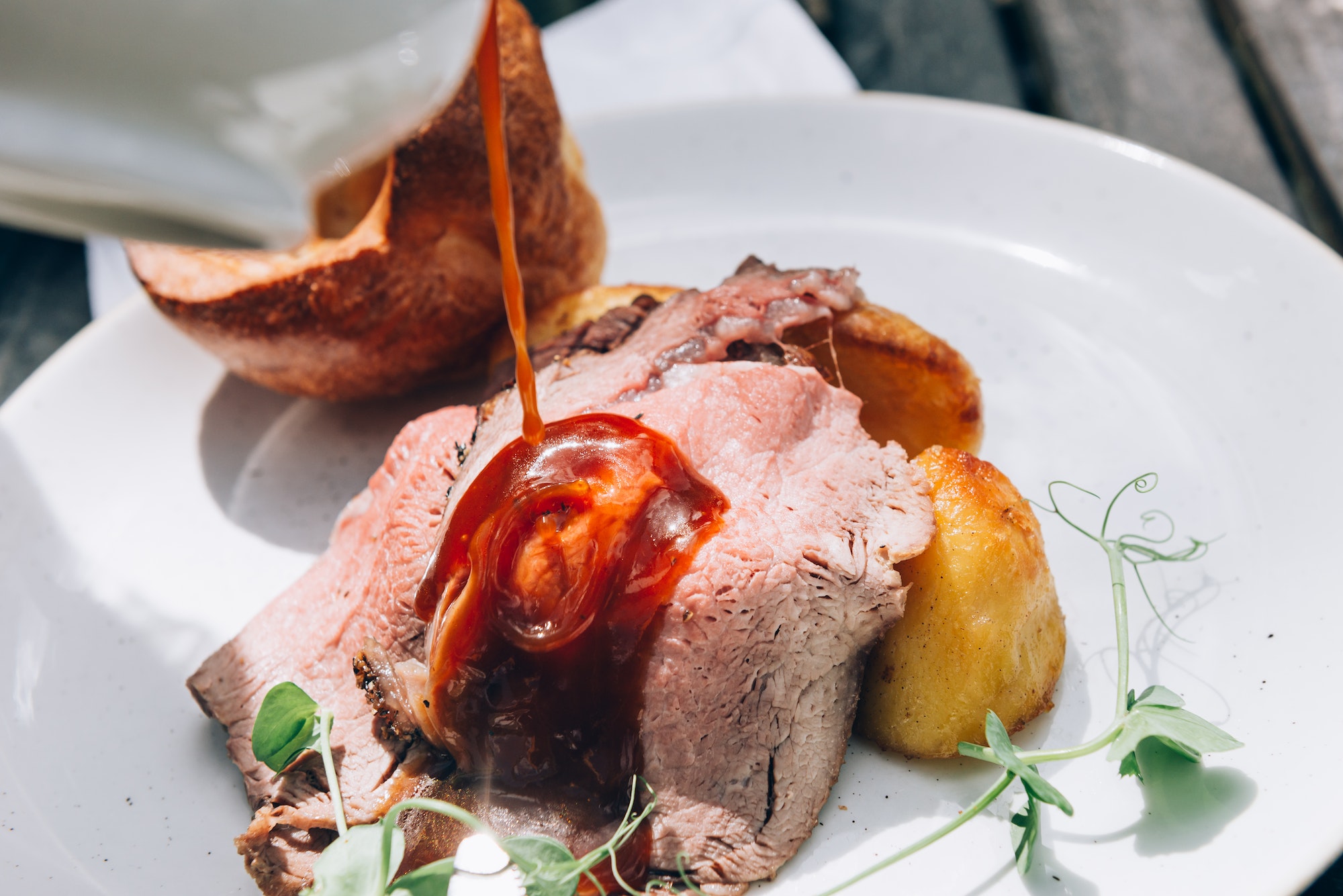The culinary world has been witnessing a fascinating trend in recent years – the adoption of French cooking techniques by British chefs. This development has not only led to a significant influence on British cuisine but also contributed to the global spread of haute cuisine. The culinary exchange between France and Britain has resulted in a new wave of creativity, innovation, and refinement in the world of gourmet food.
French cooking techniques are known for their precision, finesse, and attention to detail. They have always been considered the epitome of high-quality cuisine, with a rich history dating back to the 17th century. British cuisine, on the other hand, has often been seen as more rustic and simple. However, this perception has changed dramatically with the increasing adoption of French culinary techniques by British chefs.
One of the most notable examples of this culinary exchange is the rise of nouvelle cuisine in the 1970s. This movement was characterized by lighter, more delicate dishes that focused on the natural flavors of ingredients, as well as artistic presentation. British chefs were quick to embrace this trend, which led to a renaissance in British cuisine that continues to this day.
The influence of French cooking techniques can be seen in various aspects of British cuisine. For instance, many traditional British dishes have been refined and elevated using French methods. Take the classic Sunday roast – once a simple meal consisting of roasted meat and vegetables, it has now evolved into a sophisticated dish with elements such as slow-cooked meats, rich sauces, and elegant vegetable preparations.
Another example is the incorporation of French sauces into British dishes. Beurre blanc, hollandaise, and béarnaise are just a few examples of classic French sauces that have become staples in many British kitchens. These sauces add depth and complexity to dishes, transforming them from ordinary to extraordinary.
The use of French pastry techniques has also had a significant impact on British desserts. Once known for their stodgy puddings and heavy cakes, British desserts have become lighter and more refined thanks to the adoption of French techniques such as mille-feuille, choux pastry, and macarons.
This cross-cultural culinary exchange has not only elevated British cuisine but also contributed to the global spread of haute cuisine. British chefs who have mastered French techniques are now sharing their knowledge and skills with chefs from other countries, leading to a worldwide appreciation for the art of fine dining.
One of the most prominent examples of this is the rise of Michelin-starred restaurants in Britain. Once considered a French phenomenon, Michelin stars are now awarded to numerous British establishments that excel in the culinary arts. This recognition has helped put British cuisine on the global map and encouraged other countries to embrace French techniques and haute cuisine.
In addition, British chefs who have trained in France or worked under French mentors have gone on to establish successful restaurants worldwide. These establishments often showcase a fusion of British and French culinary traditions, further spreading the influence of French cooking techniques and haute cuisine.
The adoption of French cooking techniques by British chefs has indeed revolutionized the culinary landscape. It has not only elevated British cuisine to new heights but also played a significant role in the global spread of haute cuisine. As more chefs continue to explore and master these techniques, we can expect even more innovation and creativity in the world of gourmet food.

